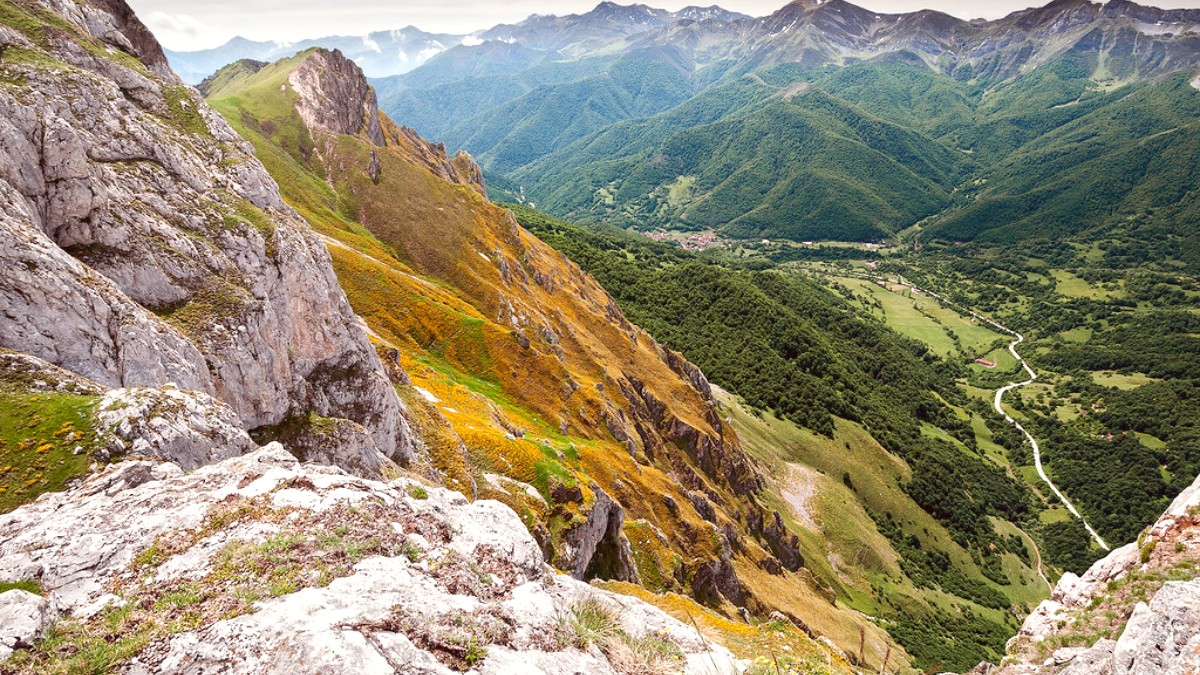
Spain
Navigating language barriers and access to postal services.
A few essential phrases to assist with daily interactions.
Phrases for dining and seeking information.
Always confirm operating times, especially for activities and dining in smaller communities.
A simple "¡Hola!" for casual interactions. Use "Buenos días" until early afternoon, then "Buenas tardes," and "Buenas noches" at night.
Generally casual for outdoor activities. Modest attire (shoulders and knees covered) is respectful when visiting churches or religious sites.
Spaniards eat lunch and dinner later than many other nationalities. Dining often comprises a social and leisurely event. Tipping is common but typically smaller than in some other countries.
Generally acceptable to photograph landscapes and public spaces. Permission is advisable before photographing individuals, especially in rural communities or children.
When visiting churches or the Sanctuary of Covadonga, respectful conduct is essential, especially during services.
A little effort to speak Spanish receives great appreciation. Respect for local norms and traditions significantly enriches your travel experience.
Picos de Europa's rugged terrain presents inherent challenges for travelers with mobility needs. Careful planning facilitates an accessible trip.
The mountainous terrain is inherently challenging for mobility-impaired travelers. Most hiking trails are unpaved, steep, and uneven.
A limited number of sites offer some degree of accessibility, providing access to park features.
Currently, no widespread specific services exist for travelers with visual or hearing impairments within Picos de Europa.
For the most accurate and current accessibility information, direct consultation with specific providers or organizations is advisable.
Adapt your itinerary to match accessibility levels.